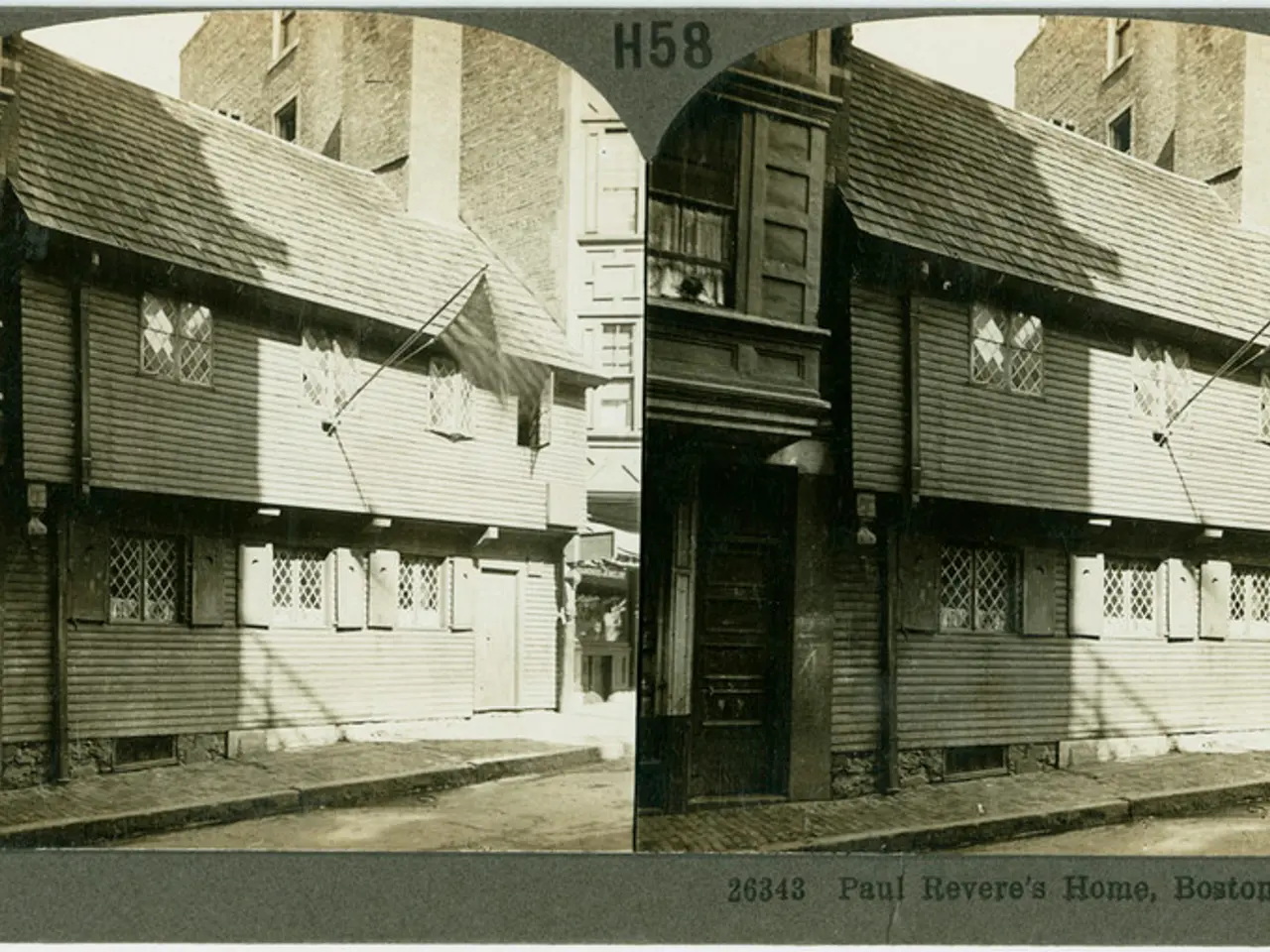Post-Hotel Crash in Kröv: Engineer Urges Owners for Tighter Oversight
In Rhineland-Palatinate, there are no specific regulations mandating regular inspections of old houses due to potential structural issues or the risk of collapse. However, general building and safety regulations apply, and local authorities can require inspections or interventions if safety concerns arise.
The building safety and inspection rules in Germany are mostly governed by the state building codes (Landesbauordnung), which vary slightly between federal states. These codes regulate construction, maintenance, and safety standards but do not prescribe routine mandatory inspections for privately owned old residential buildings specifically for structural risks unless there is an indication of danger or the building is publicly used or rented out.
Local building authorities (Bauamt) may require on-demand inspections if a building shows signs of deterioration or poses a risk to public safety. Landlords must ensure their properties meet habitability and safety standards, which implicitly involves maintaining structural soundness. Tenants may report defects, triggering inspections.
If an old house is listed or protected, specific maintenance and inspection requirements under heritage legislation might apply. However, unlike some countries, Germany does not have a general law imposing systematic, regular structural inspections of all old houses just because of their age.
Property owners typically arrange inspections and assessments by certified structural engineers or architects, especially before property transactions or renovations. Annual inspections are recommended for old houses by the Association of Structural Engineers. The owner of a property is responsible for its condition, according to the Association.
Recently, a tragic incident occurred in Kröv, where a historically 17th-century hotel building, which had two additional floors added in the 1980s, with a concrete ceiling inserted for support, collapsed. The bodies of a 59-year-old hotel owner and a 64-year-old woman, who was a hotel guest, were recovered early on Saturday morning. Cracks have recently formed in a wall of the building, but it seems that the collapse in Kröv did not seem to have been preceded by official inspections due to the lack of a register for old houses.
Martin Hoffmann, the chairman of the Rhineland-Palatinate association of building inspectors, is urging owners of old houses to have their buildings inspected regularly. He stated that it is unrealistic for authorities to inspect particularly old houses due to exceeding their capacities. Experts have been called in to determine if the cracks are related to a potential collapse.
In light of this incident, the district administration of Bernkastel-Wittlich cannot specify which houses would come into question for official controls, as there is no electronic database of particularly old houses in Bernkastel-Wittlich that could be subject to potential official controls.
Despite the lack of mandatory inspections, legal frameworks ensure safety through local authority oversight and owner responsibility. Owners and landlords are encouraged to maintain and inspect buildings proactively to prevent structural failures and comply with safety laws.
- In light of the tragic collapse in Kröv, the chairman of the Rhineland-Palatinate association of building inspectors, Martin Hoffmann, is advising property owners of old houses to arrange regular inspections by certified structural engineers or architects.
- Although there are no general laws in Germany imposing systematic, regular structural inspections of all old houses, legal frameworks ensure safety through local authority oversight and owner responsibility, promoting proactive maintenance and inspections to prevent structural failures and comply with safety laws.




